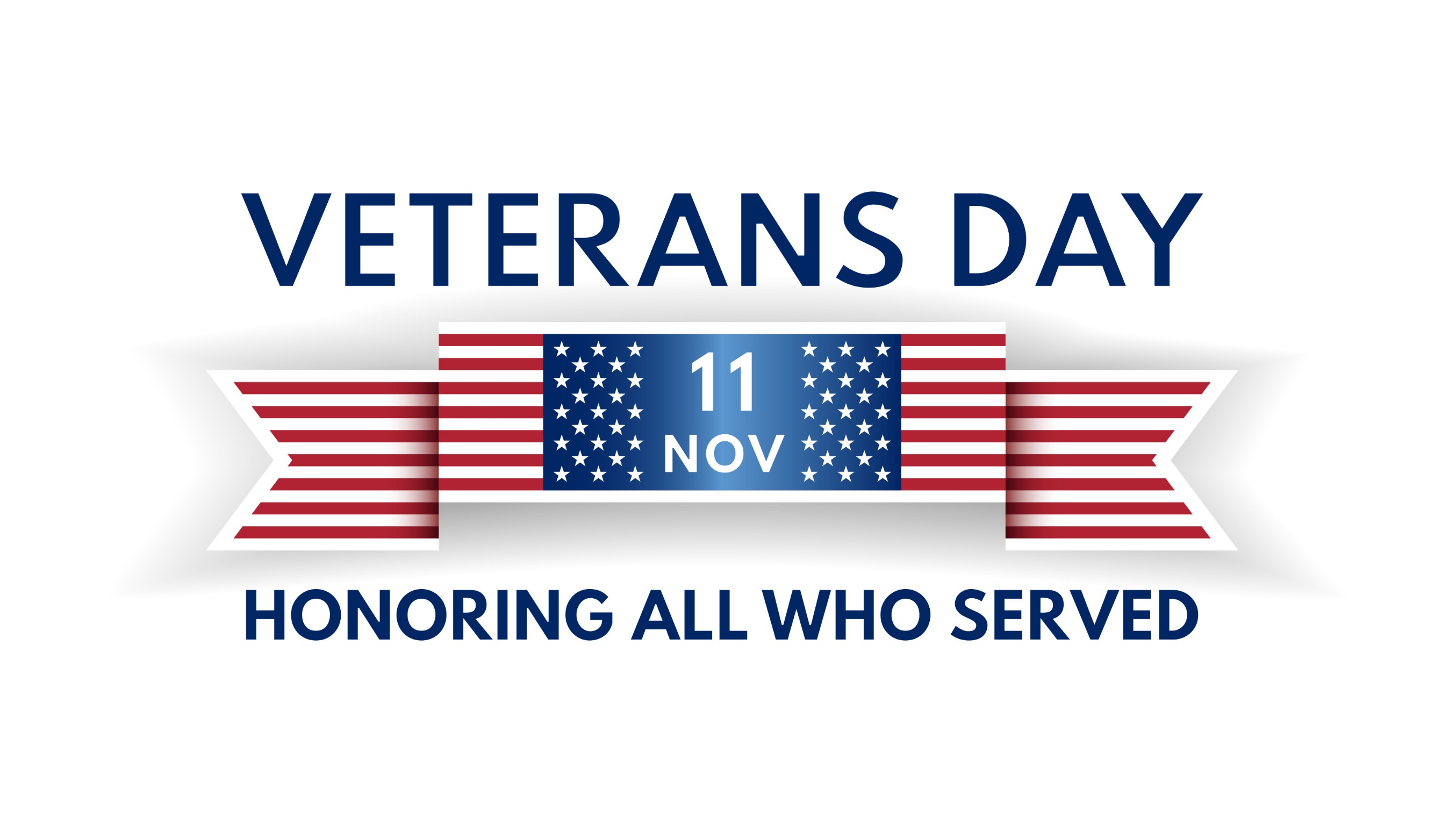 Veterans Day, as we know it, has its origins in Armistice Day.
Veterans Day, as we know it, has its origins in Armistice Day.
“To us in America, the reflections of Armistice Day will be filled with solemn pride in the heroism of those who died in the country’s service and with gratitude for the victory.”
That was the 1919 acknowledgment by President Wilson on the first anniversary of the signing of the Treaty of Versailles, which ended WWI “in the eleventh hour of the eleventh day of the eleventh month.”
Congress made Armistice Day a federal holiday on November 11, 1938.
But after World War II, Alvin King, a small business owner in Emporia, Kansas, had a problem with the narrowness of those honored on Armistice Day. [Continue Reading]

 One of the markers of American culture is the “sticker” on the window of a new car. This document reveals to shoppers a listing of standard equipment and options, plus, of course, the manufacturer’s suggested retail price, or MSRP.
One of the markers of American culture is the “sticker” on the window of a new car. This document reveals to shoppers a listing of standard equipment and options, plus, of course, the manufacturer’s suggested retail price, or MSRP. Ever wonder what’s behind an entrepreneur’s decision to take a risk? There is a spectrum for this, with the calculation and reasoning of due diligence on one end, foolhardy on the other, and a variable called faith that lives in the middle.
Ever wonder what’s behind an entrepreneur’s decision to take a risk? There is a spectrum for this, with the calculation and reasoning of due diligence on one end, foolhardy on the other, and a variable called faith that lives in the middle. Labor Day began as an idea in the mind of a 19th-century labor leader – some say Matthew Maguire, others say Peter McGuire – who cared greatly for a very important segment of the marketplace, its workers.
Labor Day began as an idea in the mind of a 19th-century labor leader – some say Matthew Maguire, others say Peter McGuire – who cared greatly for a very important segment of the marketplace, its workers. Ever wonder why some people are more effective than others? Life just seems to be easier for them, right?
Ever wonder why some people are more effective than others? Life just seems to be easier for them, right? If it’s July, one of the most amazing athletic competitions in the world is being staged. Since 1903, the Tour de France has been the pinnacle of professional bicycle races, and arguably the most grueling of all sporting competitions.
If it’s July, one of the most amazing athletic competitions in the world is being staged. Since 1903, the Tour de France has been the pinnacle of professional bicycle races, and arguably the most grueling of all sporting competitions.